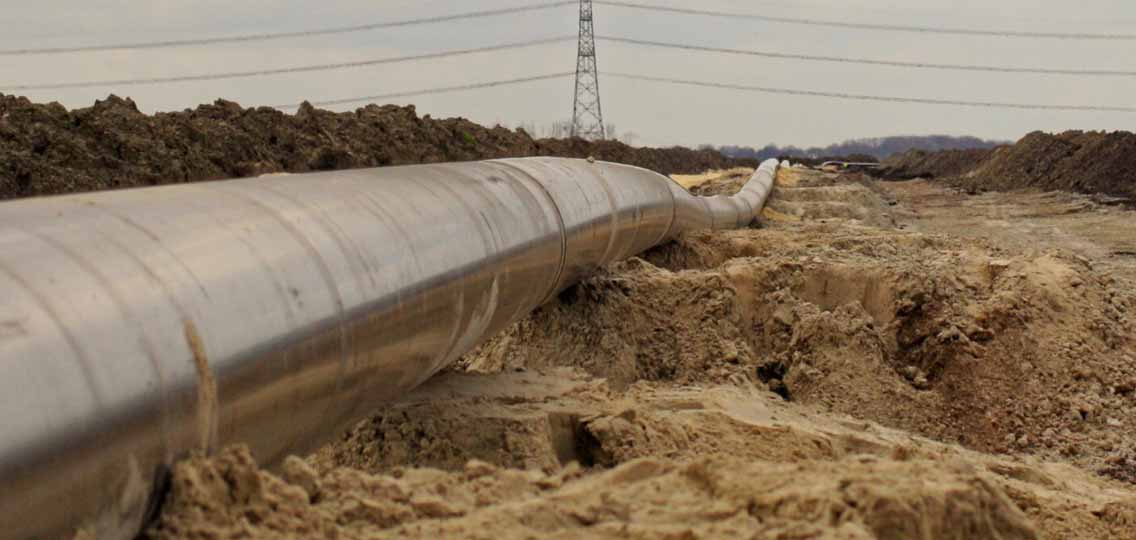EDMONTON — The next phase of hearings on the Enbridge Northern Gateway project starts today, giving Canadians an opportunity to raise to important questions about the impact the proposed pipeline would have on the future of this country’s economy, energy and environment.
“This next phase of the review process is a critical moment for ensuring the panel — and indeed all Canadians — understand the risks this pipeline poses to our ecosystems and communities,” said Barry Robinson, staff lawyer with Ecojustice. “As the panel will hear from us in the coming weeks, there is clear, scientific evidence that the proposed pipeline is unsafe, unsustainable and unnecessary.”
Ecojustice is representing three environmental groups — ForestEthics Advocacy, Living Oceans Society and Raincoast Conservation Foundation — in the Joint Review Panel (JRP)-led environmental assessment process. Evidence-based hearings will last from September through till December.
Together, the groups will play a key role in cross-examining the Enbridge panel, challenging the company’s assessment of the project’s benefits and presenting evidence that highlights the proposal’s serious flaws, including insufficient oil spill response mechanisms, inadequate safety precautions and an inescapable legacy of environmental damage. Overall the groups intend to prove that the project is not in the national interest.
“By participating in this environmental assessment process, we are trying to level the playing field and make sure that before this project goes any further, the legitimate concerns of people who care about our rivers, animals and forests are heard amid the big promises being made by Enbridge,” Robinson said. “Above all, we must make sure that the threats this project poses to our air, water and land are known and considered.”
Public hearings on the Northern Gateway project opened in Kitimat, B.C., in January, and more than 4,000 groups and individuals people signed up to speak before the JRP. The project faces a growing wave of opposition from Canadians, particularly in British Columbia, which would bear a disproportionate amount of environmental risk for little benefit. Opposition has hardened in wake of recent pipelines ruptures across North America, and a report from the U.S. National Transportation Safety Board, which compared Enbridge to the “Keystone Kops” and criticized the company’s “culture of deviance” with respect to safety procedures for its handling of the 2010 heavy oil spill on Michigan’s Kalamazoo River.
“We can’t trust Enbridge with our wild salmon watersheds and internationally renowned coast at the Great Bear Rainforest,” said Nikki Skuce, intervenor for ForestEthics Advocacy. “While British Columbians in particular have made it clear that they don’t want Enbridge’s high-risk project, we hope to be able to convince the Joint Review Panel that the risks are too great to proceed with shipping tar sands crude through such valuable ecosystems.”
The review process is expected to conclude in 2013, when the Joint Review Panel makes its final recommendations to Cabinet on whether to approve or deny the project. It will then be up to the federal government to accept or reject the JRP’s recommendation.
Enbridge’s 1,176-km Northern Gateway pipeline would slice through dozens of fragile ecosystems and communities, piping tarry bitumen from Alberta to the coast of British Columbia where waiting supertankers would transport it to Asia for refining. En route, the pipeline would cross hundreds of fish-bearing streams, rivers and lakes and disturb untouched tracts of wilderness and endangered animal habitat. It would also cut through the traditional territories of 40 First Nations and Aboriginal groups — many of which stand in opposition to the pipeline.

